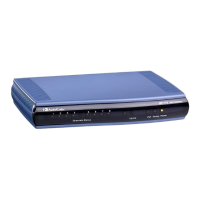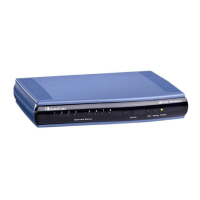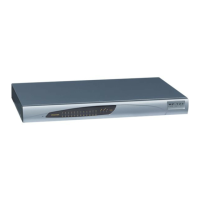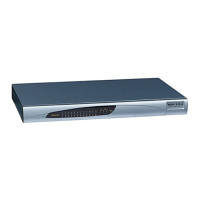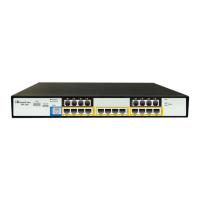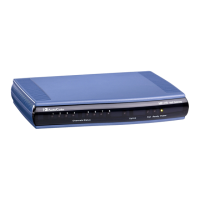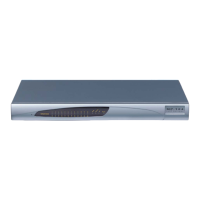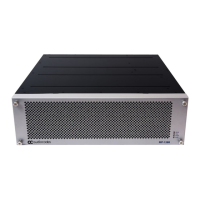Version 6.6 477 MP-11x & MP-124
User's Manual 43. Configuration Parameters Reference
The valid range is 0 to 3600. The default is 180.
ID
EMS: Enable RPI Header
[EnableRPIheader]
Enables Remote-Party-Identity headers for calling and called numbers
for Tel-to-IP calls.
[0] Disable (default).
[1] Enable = Remote-Party-Identity headers are generated in SIP
INVITE messages for both called and calling numbers.
Web: Enable History-Info
Header
EMS: Enable History Info
[EnableHistoryInfo]
Enables usage of the History-Info header.
[0] Disable (default)
[1] Enable
User Agent Client (UAC) Behavior:
Initial request: The History-Info header is equal to the Request-URI.
If a PSTN Redirect number is received, it is added as an additional
History-Info header with an appropriate reason.
Upon receiving the final failure response, the device copies the
History-Info as is, adds the reason of the failure response to the last
entry, and concatenates a new destination to it (if an additional
request is sent). The order of the reasons is as follows:
a. Q.850 Reason
b. SIP Reason
c. SIP Response code
Upon receiving the final response (success or failure), the device
searches for a Redirect reason in the History-Info (i.e., 3xx/4xx SIP
reason). If found, it is passed to ISDN according to the following
table:
302 - Moved Temporarily Call Forward Universal (CFU)
408 - Request Timeout Call Forward No Answer (CFNA)
480 - Temporarily Unavailable
487 - Request Terminated
486 - Busy Here Call Forward Busy (CFB)
600 - Busy Everywhere
If history reason is a Q.850 reason, it is translated to the SIP reason
(according to the SIP-ISDN tables) and then to ISDN Redirect
reason according to the table above.
User Agent Server (UAS) Behavior:
The History-Info header is sent only in the final response.
Upon receiving a request with History-Info, the UAS checks the
policy in the request. If a 'session', 'header', or 'history' policy tag is
found, the (final) response is sent without History-Info; otherwise, it is
copied from the request.
Web: Use Tgrp Information
EMS: Use SIP Tgrp
[UseSIPTgrp]
Determines whether the SIP 'tgrp' parameter is used. This SIP
parameter sp
ecifies the Hunt Group to which the call belongs (according
to RFC 4904). For example, the SIP message below indicates that the
call belongs to Hunt Group ID 1:
INVITE sip::+16305550100;tgrp=1;trunk-
context=example.com@10.1.0.3;user=phone SIP/2.0
[0] Disable = (Default) The 'tgrp' parameter isn't used.
[1] Send Only = The Hunt Group number or name (configured in the
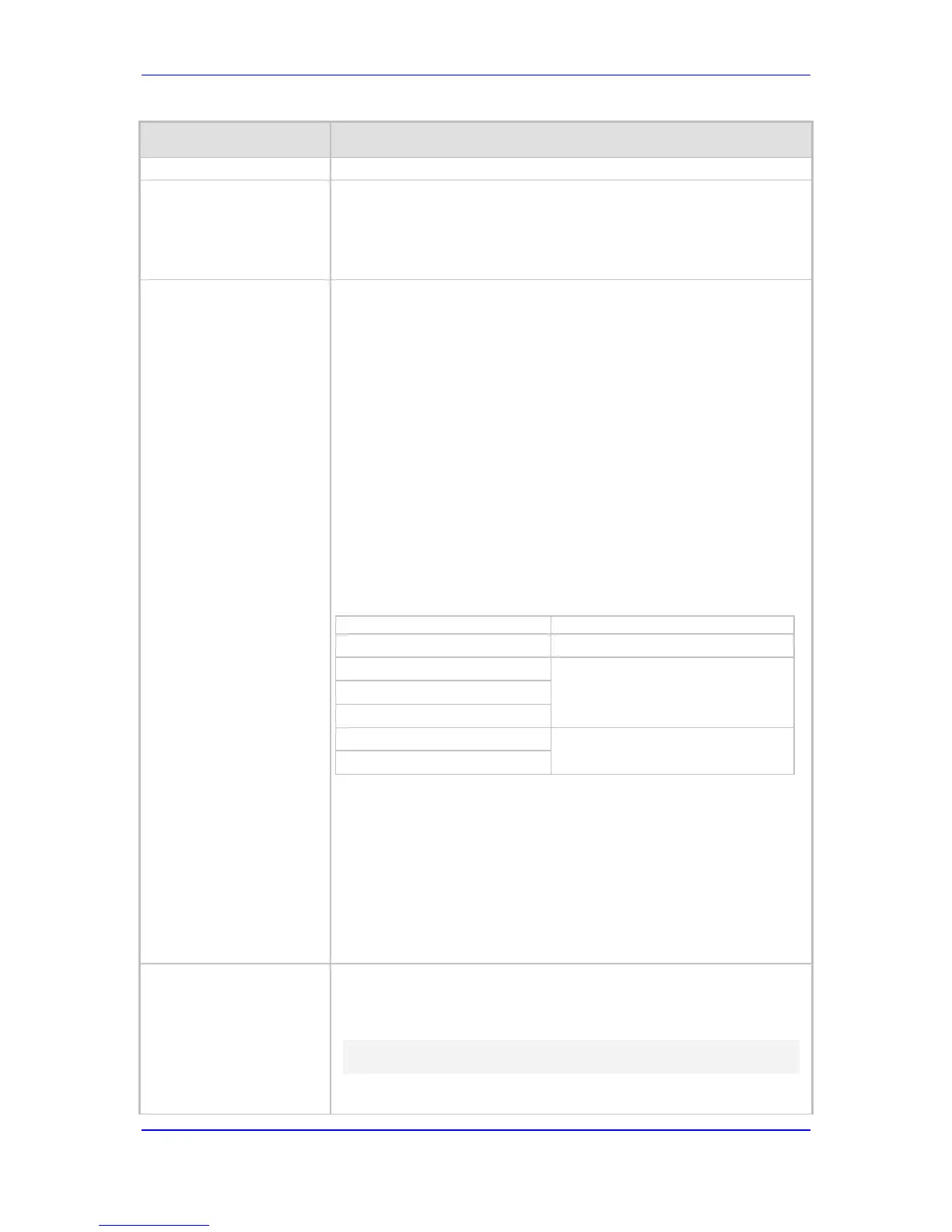